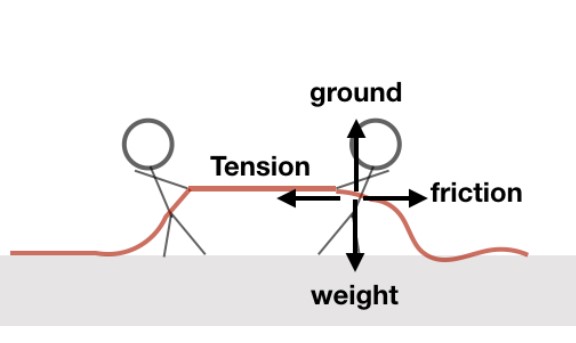
pic: wired.com
The EU’s Corona crisis support package/recovery plan/budget is still being negotiated, and quite rightfully so. It’s a huge number that is being thrown around – 1.85 billion euro, or 2000 million dollars. (The United State’s bailout package is way more – 2 trillion dollars aka two million million dollars.)
Sweden has been one of the “frugal four” – countries that want the aid package to countries who have been hardest hit by covid to be in the form of a loan instead of a gift, but it looks like that position is weakening.
Sweden’s EU commissioner Ylva Johansson says that Sweden’s position is short-sighted. “The lessons learned from the finance crisis [in 2008/9] is that we acted way too slowly” Johansson said in Sweden’s Radio Saturday interview program: “If we don’t implement a big recovery, we’re going to have the worst crisis that the EU has ever experienced. Way, way worse than than the finance crisis.”
However, the package’s main financing comes from loaning money with all of the EU countries as guarantors. This would be a first, and is likely also precedent-setting, and allows the EU to act – even more – as a single, overarching government sitting far away from Sweden. The Swedish government’s critique of the plan, Sweden’s radio reports in another article, is that the budget is too big, there is too much money in the fund, the funds should be loaned out and not given out, and it should be a fairly short term loan at that. The way in which the money is spread out is not popular in Sweden either: “A lot of money goes to countries that aren’t even hard hit by corona” remarked Minister for Finance Magdalena Andersson, “and that seems a little strange.”
The Left party, never a fan of EU in the first place, is more virulently opposed to the plan. In a debate article in Aftonbladet a few days ago, party leader Jonas Sjöstedt and EU parliamentarian Malin Björk write that the recovery fund increases EU’s power over Sweden dramatically. Money that could have gone to climate investments and welfare in Sweden now goes to “Orbán’s oligarchies and Brussels’ bureaucrats.”
On the other side of the equation is the Liberal party who have always been very EU-friendly. Both of them, officially or unofficially, are supporting parties for the reigning Social Democrats. The Left party has way more votes and is an ally of old, while the Liberal party has always been on the right, before former party leader Björklund’s children pushed them into the center-left camp. The Social Democrats are getting it from both sides, and the EU is pushing as well, in the form of EU commissioner Johansson.
The next EU summit (via video this year) is – per usual – during Midsommar. Sweden was never able to persuade the EU to change the date, even by a day, to accommodate the single biggest holiday in Sweden, so it’s kind of unlikely (sadly) Sweden will have a deciding voice in the EU budget.

